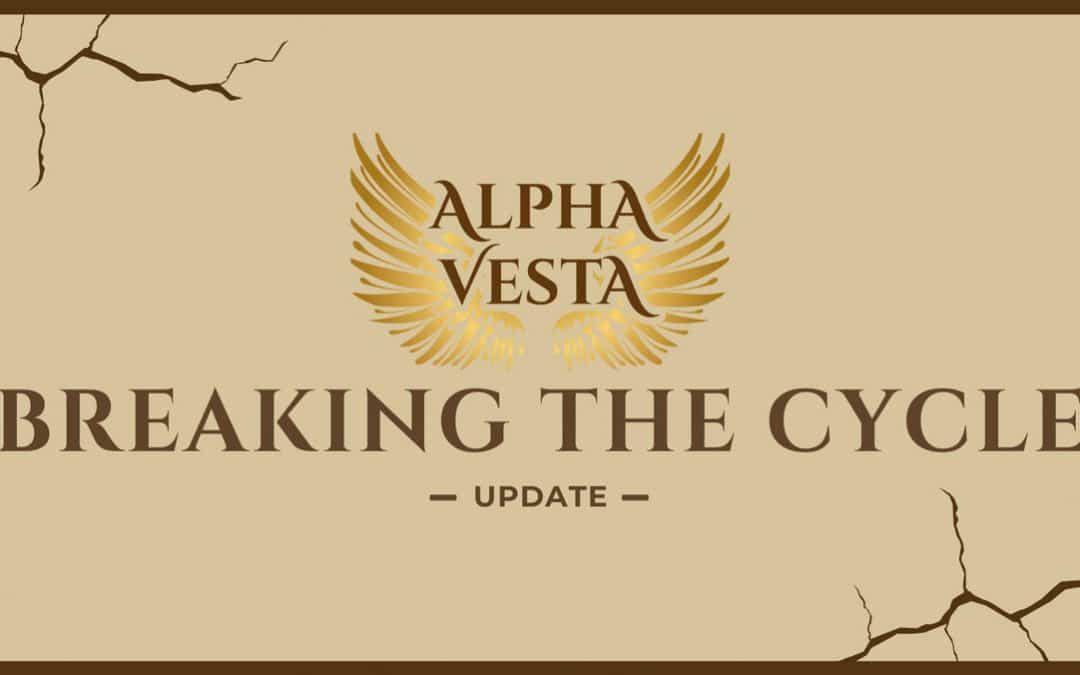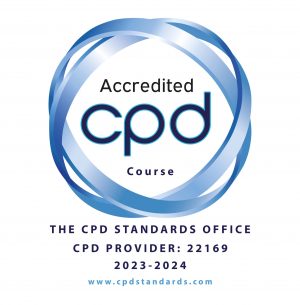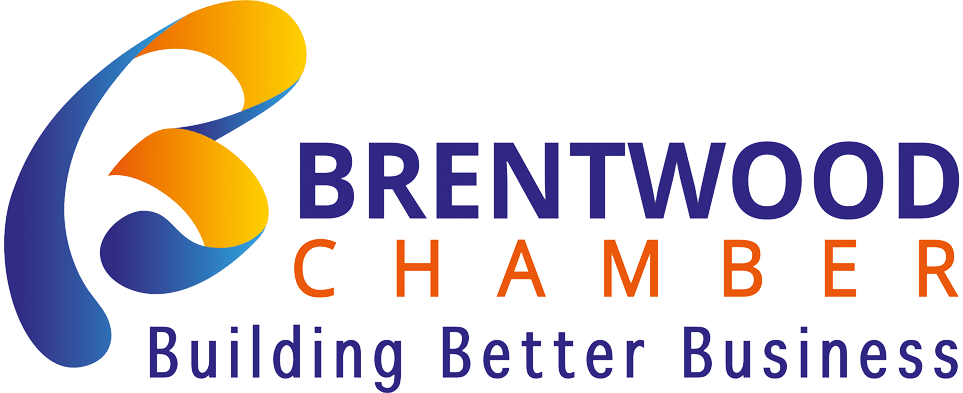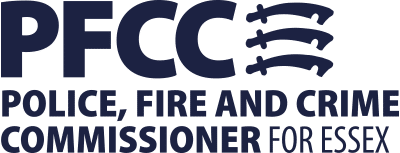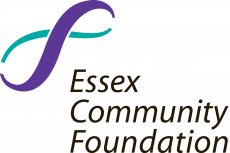Lucy’s Update
Welcome to our Autumn Newsletter – September saw us getting back to our public training programme and re-connecting with our Survivor and Insight Network. Our groups have been having valuable discussions that are providing the foundations of some exciting developments for Alpha Vesta and I look forward to sharing with you soon.
One of my recent highlights was when I had the opportunity to deliver our training to the Prevention Teams at Essex County Fire and Rescue Service. The training was extremely well received with great levels of engagement. It is so powerful when you see the value people realise they can have by using their learned skills, applying their own knowledge and in this case using a trusted role within the community to help spot those signs of Domestic Abuse.
By engaging with Alpha Vesta, Essex County Fire and Rescue Service have educated their workforce and empowered their teams to help more people within their place of work and through their daily interactions with the public.
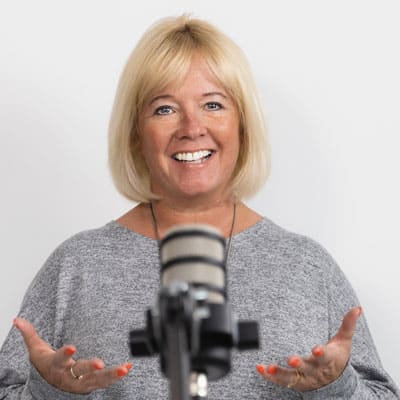
I wanted to share with you a blog from one of our amazing Ambassadors, Sharon Bryan. The star fish story resonated with me so much, so please take the time to have a read, it really conveys the power of us coming together and the difference we can make.
Best regards
Lucy Whittaker
Founding Director and Lead Trainer of Alpha Vesta CIC
The National Centre for Domestic Violence (NCDV)
It is something that has come up in so many of my conversations in my work in the last 26 years. And it came up again last week when I was speaking to an old client of mine. It is disappointing to still hear about cases of domestic abuse that organisations, both statutory and voluntary, class as ‘low’ risk! Therefore, they can not work with these victims/survivors.
A lot of organisations, especially charities are often only funded to work with ‘high risk’ cases. What is a high risk case? What is a low or middle risk case? The whole narrative around this is warped.
To give some background to my ‘rant’! When I started to develop the first Independent Domestic Violence Advocacy (IDVA) service in Westminster, London in 2004 the funding that the charity I worked for had received to develop this service was really a blank canvas. IDVA’s didn’t exist until 2005 when SafeLives, originally known as CRARG and then CAADA, embarked on what was then a very ambitious journey to train every person that worked in the domestic abuse field and for those people to be recognised and gain a qualification for the work they did. I was one of the very first people to do the pilot training, which was known as CAT1, and become one of about 16 people to be a qualified IDVA – something I am still very proud of. MARAC’s were in their infancy. There were a few but certainly not in every area.
Back then, when you worked in the domestic abuse field, you knew the in’s and out’s of the benefit system, housing legislation, social services and more, and of course how all of that linked to domestic abuse. But no one had any qualification to say they had any of those skills. Many people, like me, could only say we had lived experience. So it was really exciting when we could train and gain a qualification which was recognised in the sector.
I remember that the ‘blueprints’ for the IDVA service in Westminster that I was developing stated that the police should be the main source of referrals into the service. Whilst I agreed, and still do, that the police had a huge and important part to play, I didn’t feel it was right to place them as the main referring agency. Because I knew that most victims/survivors do not go to the police! They do not want the police involved. When the police were involved, it tended to be when things had escalated and the person felt they had no choice but to involve the police. Or things had become so dangerous that children’s services were involved and they had got the police involved. No. That was not going to work. That was simply carrying on the control of that person that was being abused by taking away their choices.
I instinctively felt that the main source of referrals should be the victims/survivors themselves. I wasn’t wrong. The service was a success. Back then, we worked with victims and survivors of all risk levels. The key was and should still be PREVENTION! I looked up the meaning of ‘prevention is better than cure’ and it says “it’s easier to stop something happening in the first place than to repair the damage after it has happened”. EXACTLY!
There are not enough services for people who are deemed to be low risk and middle risk. The organisations and charities that are funded to only work with high risk individuals have to signpost these people on. But this may have been the first time a person has had the courage to contact someone and disclose the abuse. To be told, they can not be worked with because they are not high risk, in my opinion, is enough to put that person off reaching out for help in the future. I am not blaming the people that work in these organisations. It is not their fault. They know their place of work is funded to only help high risk victims and survivor’s.
But where do all the people that are turned away go?? I really worry about these people the most because these are the people that will fall through the gaps. These are the people that will be re referred later down the line by police because they have become high risk. And why have they become high risk? Because no one would help them when it was low risk. Does that make sense?
I feel strongly about this (can you tell?!) When did supporting people through domestic abuse become a business? When did it become about funding and money?
When I worked in a refuge at the start of my career if we were full up and we got a call from someone trying to escape, we would tell them to come. We would put them up in a sleeping bag or a blanket on the refuge’s living room floor if we had to. I remember one time when the whole living room was full of women and children who we had let come even though we had no room. We could move them on the next day to other refuges, but at least for that night, they were safe. You can’t do that anymore.
For me, it is not about whether you are considered high risk or low risk. I will not ‘play god’ with people’s lives and decide what risk level they are! For me, everyone that experiences domestic abuse in any of its forms is worthy and entitled to help and support. I won’t ever work any other way.
Someone said something to me once that I wrote down and I have it stuck above my desk at home. ‘It is not the victims and survivors that are broken. It is our society!’
When I graduated on my IDVA training, the CEO of CRARG was Diana Barran. She is now Baroness Diana Barron MBE – Parliamentary Under Secretary of State (Minister for the School System and Student Finance). I remember very clearly, when we ‘graduated’ that very first IDVA training, she told us all a story which I have never forgotten.
A young girl was walking along a beach upon which thousands of starfish had been washed up during a terrible storm. When she came to each starfish, she would pick it up, and throw it back into the ocean. People watched her with amusement.
She had been doing this for some time when a man approached her and said, “Little girl, why are you doing this? Look at this beach! You can’t save all these starfish. You can’t begin to make a difference!”
The girl seemed crushed, suddenly deflated. But after a few moments, she bent down, picked up another starfish, and hurled it as far as she could into the ocean. Then she looked up at the man and replied, “Well, I made a difference for that one!”
The old man looked at the girl inquisitively and thought about what she had done and said. Inspired, he joined the little girl in throwing starfish back into the sea. Soon others joined, and all the starfish were saved.
Then she gave us all our own starfish. I keep mine on my desk at home. I polish it when it gets tarnished and every time I look at it I remember, that by trying to help EVERYONE – no matter what ‘risk level’ they are – I may make a difference for one person!
Sharon Bryan
Head of Partnerships & Development of Domestic Abuse Services
The National Centre for Domestic Violence (NCDV).

The National Centre for Domestic Violence (NCDV)
After many years of using our original leaflet and posters, we realised that the graphic did not depict or represent the message that we, at NCDV, wanted to convey. We discussed it for nearly a year! We consulted with the many police forces we work with and with other stakeholders. It had to be right. We wanted it to convey the message that domestic abuse is not just about physical violence. We also wanted to make clear that we work with female and male victims and survivors of domestic abuse. What you see below is the final result! We have had amazing feedback from our partners and stakeholders. We hope you like it too?
Sharon Bryan
Head of Partnerships & Development of Domestic Abuse Services
The National Centre for Domestic Violence (NCDV).
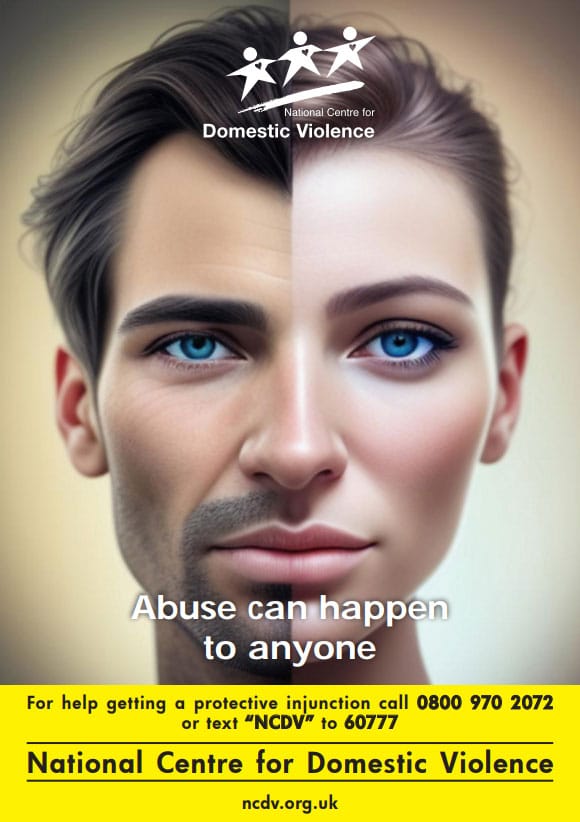
Dates for the Diary
New dates are continually being added to our Eventbrite page which you can follow here
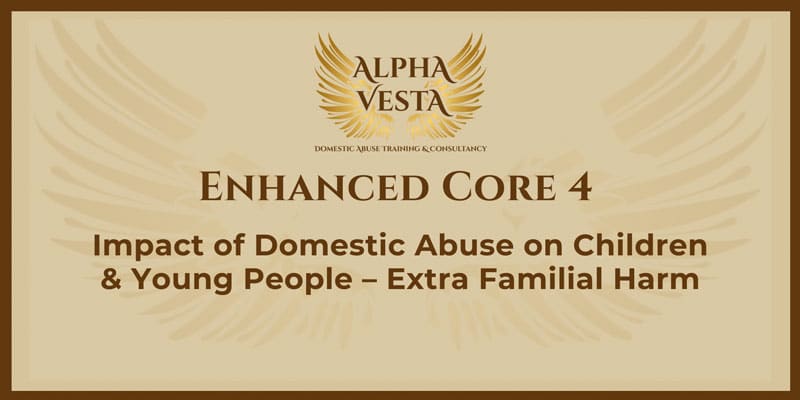
Enhanced Core 4: Impact of Domestic Abuse on Children & Young People - Extra Familial Harm
Monday 13 November, 10am – 12pm.
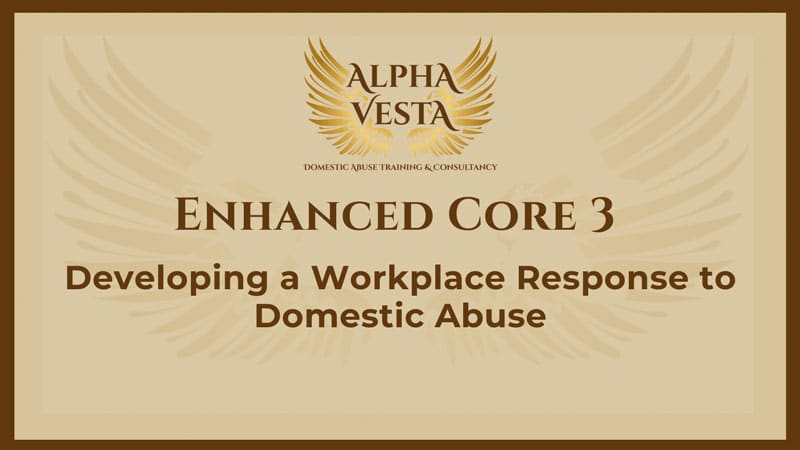
Enhanced Core 3: Developing a Workplace Response to Domestic Abuse
Monday 27 November, 10am – 12pm
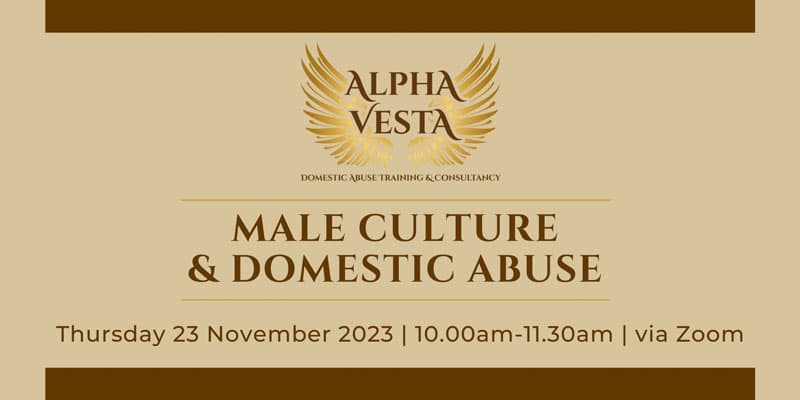
Male Culture & Domestic Abuse Webinar
Thursday 23 November 10am-11.30am
Tuesday 5 December 2pm-3.30pm
Domestic Abuse in the News – links
Danielle Lloyd reveals horrific injuries from abusive relationship | Metro News
Danielle Lloyd is taking part in Celebrity SAS: Who Dares Wins airs on Sundays at 9pm on Channel 4. As part of her experience on the show, Danielle opened up to share details of a past abusive relationship.
How Do You Help An Employee You Suspect Is The Victim Of Domestic Abuse? – Employee Rights/ Labour Relations – UK
Dealing with the possibility that an employee may be the subject of domestic abuse is a terrifying prospect and most employers would be fearful of getting it wrong. The primary way to begin tackling this deeply complex and frightening situation is by raising awareness, offering an open and trustworthy environment for victims and offering meaningful support.
It’s not too late to make a change – Mark’s Story | Essex Police
In the last year, Essex Police has partnered with The Change Project to break the cycle of domestic abuse by asking perpetrators to #Reflect on their behaviour and encourage them to self-refer to get help. Mark, a young man from Essex did just that. He could see his anger was having an impact on his family and wanted to break the cycle.
Long-term Impact Feedback Survey
It is important for us to continue to develop robust training which is meaningful to people from a variety of different sectors and communities. We are very grateful to all of you that take the time to complete the short questionnaire that is shared after each of our sessions.
However, it is also important to us to understand the long lasting impact of our training and how this learning is being used within the workplace and community. Therefore, for those that have completed the training within the last 6 months please can we ask you to complete this short survey link: https://www.surveymonkey.co.uk/r/2PLKNF3
National Support & Help
National 24hr Domestic Abuse Helpline 0808 2000 247 For women and children experiencing domestic abuse
Men’s Advice Line 0808 801 0327 For men experiencing domestic abuse
RESPECT 0808 802 4040 For those concerned that they may be using abusive behaviours
NSPCC Helpline 0808 800 5000 If you are concerned about a child
Samaritans 116 123 For those struggling in terms of their mental health and feeling in crisis
NCDV 0800 970 2070 free, fast emergency injunction service for survivors of domestic abuse
Essex Regional Support & Help
Alpha Vesta 01245 791281 For employers and employees concerned about a staff member
Compass 0330 333 7 444 Compass is being delivered by a consortium of established domestic abuse support agencies including; Safe Steps, Changing Pathways and The Next Chapter. The aim is to provide a single point of access for callers to speak with a trained member of staff who will complete an assessment and ensure contact is made with the most appropriate support service.
The Change Project 01245 258 680 Committed to preventing conflict in relationships and working with both perpetrators, victims and their children.
Alpha Vesta’s Collated National & Regional Support Services
click here to access document
We use Brevo (previously called Sendinblue) as our marketing platform. By submitting this form, you acknowledge that the information you provided will be transferred to Brevo for processing in accordance with their terms of use

